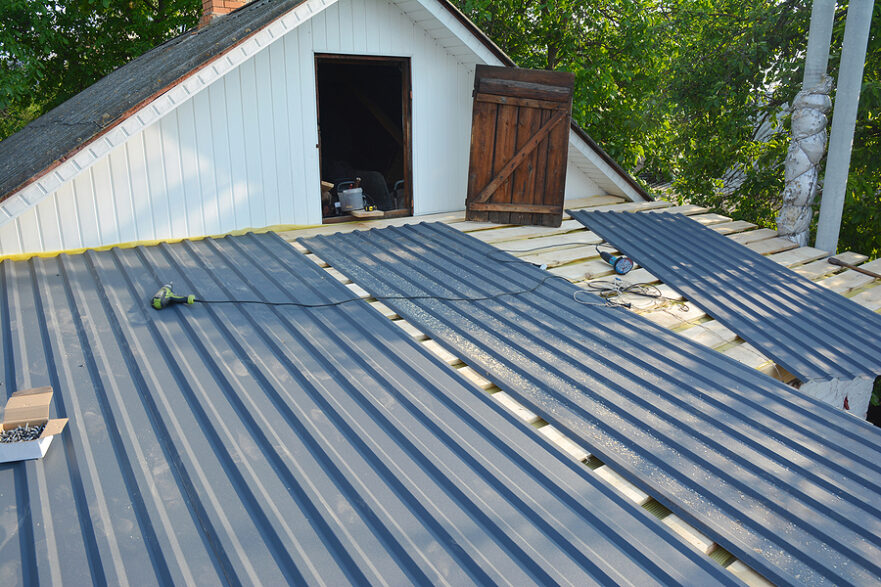LATEST NEWS
The Rise Of The Wriggly Tin Aesthetic
Whilst corrugated roofing sheets have an appeal in their own right, it is fair to say that aesthetics are not the key priority for people fitting their industrial structures with robust, affordable metal roofs.
The use of corrugated galvanised iron is a decision that the vast majority of businesses make for practical reasons; the rolled curves provide the greatest strength with the least metal used. If suitably galvanised and taken care of, it also lasts decades.
Because of this, corrugated iron has appeared atop a wide variety of buildings simply because it is the best option available, sometimes being adopted as a temporary solution that becomes semi-permanent.
However, with the rise in popularity of industrial chic as an architectural style, as well as a greater focus on sustainability and recycling, corrugated iron or “wriggly tin” has become an increasingly desired part of modern building design not just for what it is but what it represents.
Corrugated iron’s practicality has given it a reputation for being a material for the masses and is part of the cultural identity in many countries, particularly Australia and New Zealand.
Part of the reason for this is the same reason you still commonly see decades-old rural buildings made from wriggly tin; it was initially used as a lightweight, temporary roofing material that was so useful that whilst it could be easily moved and replaced, it often was not.
This trait is shared in common with another common corrugated metal structure: the shipping container.
Both are commonly seen used in both permanent and temporary structures alike, as they evoke an unpretentious and grounded look that has become increasingly appealing in a skyline of sleek glass and steel.
This is also part of the reason why so many corrugated iron churches, or tin tabernacles as they are often known, endure to this day despite having been initially constructed in the late 19th or early 20th century. With corrugated iron’s popularity, this is unlikely to change.






